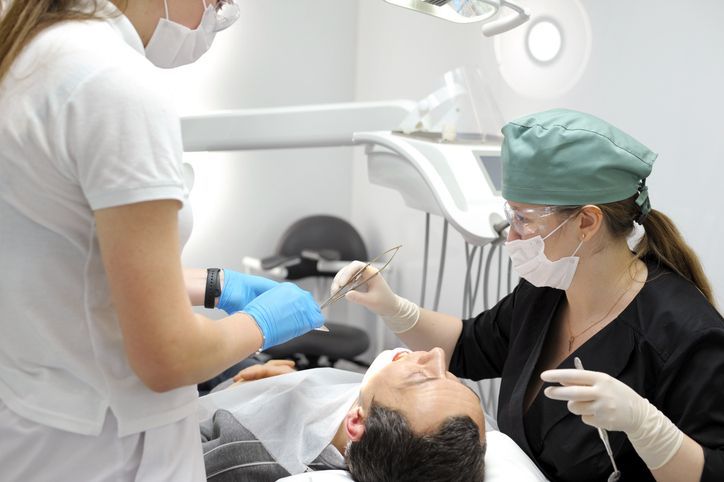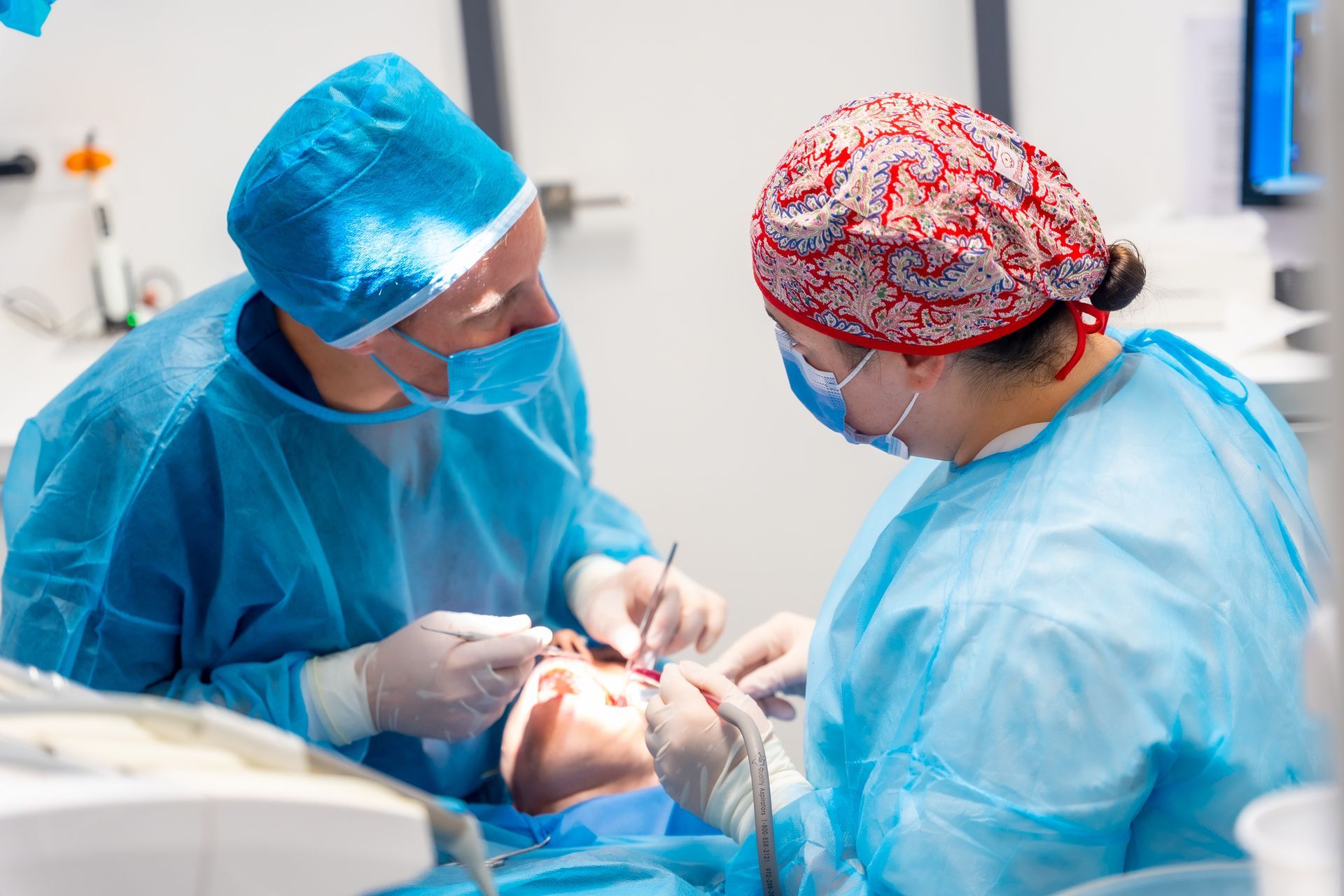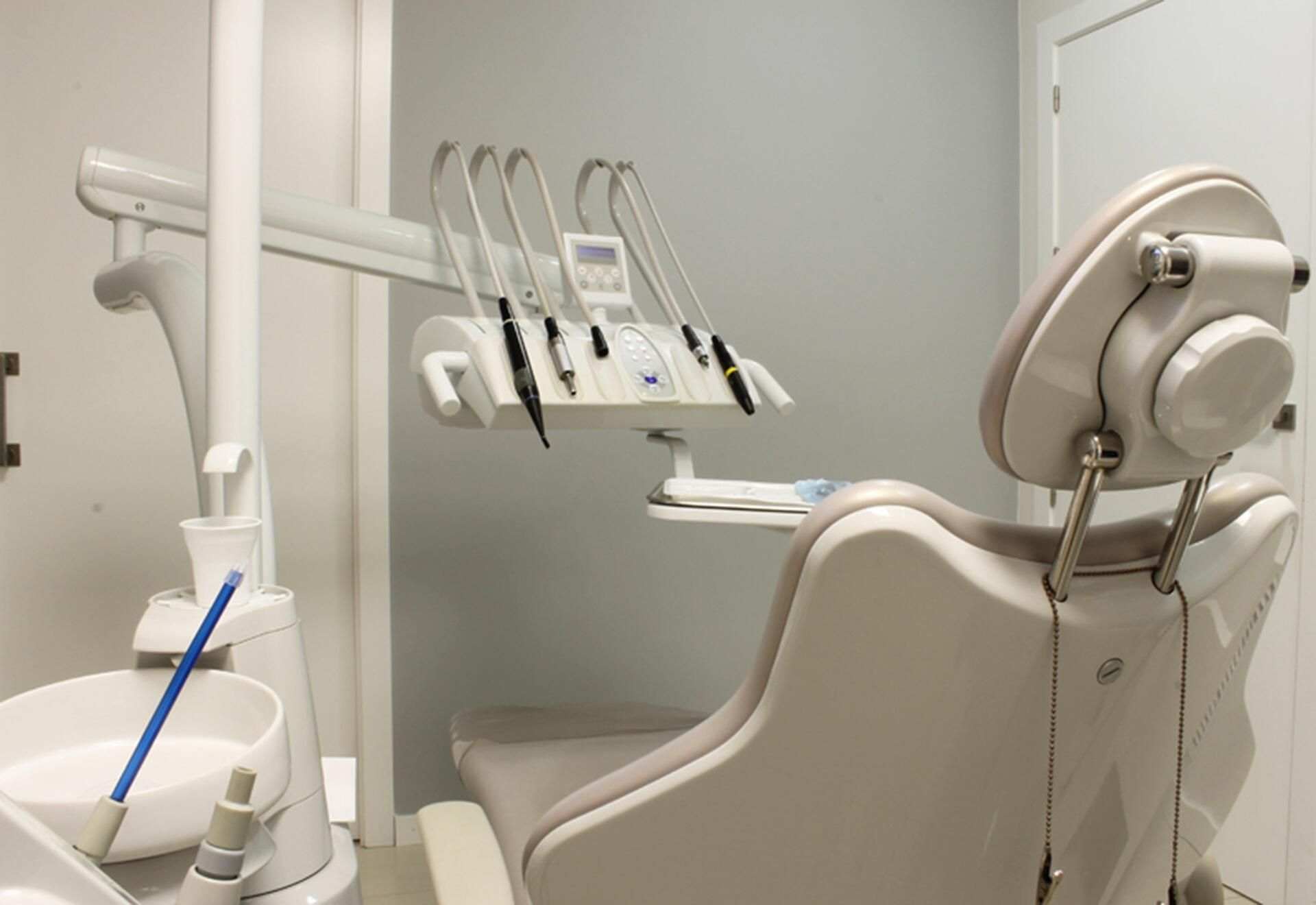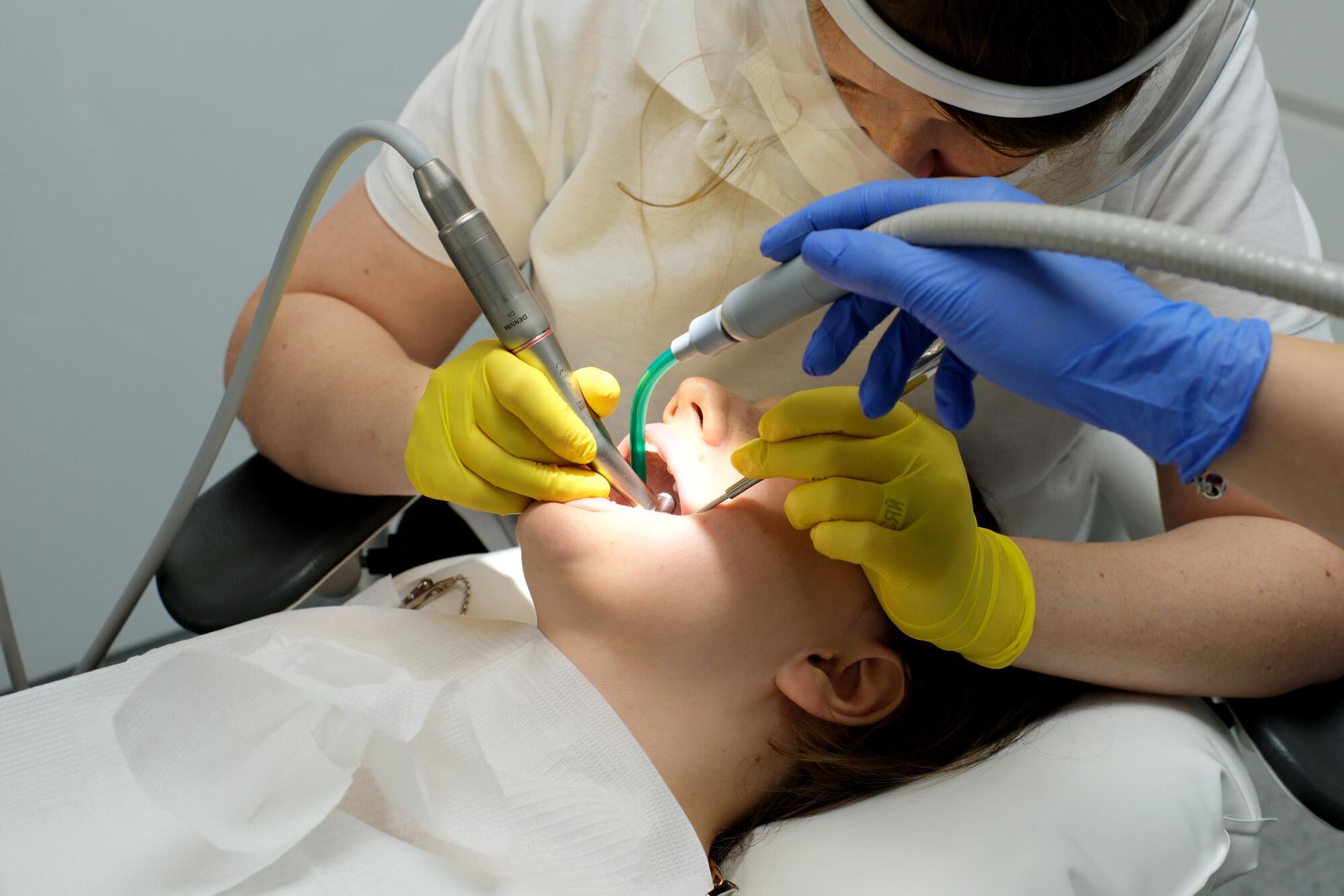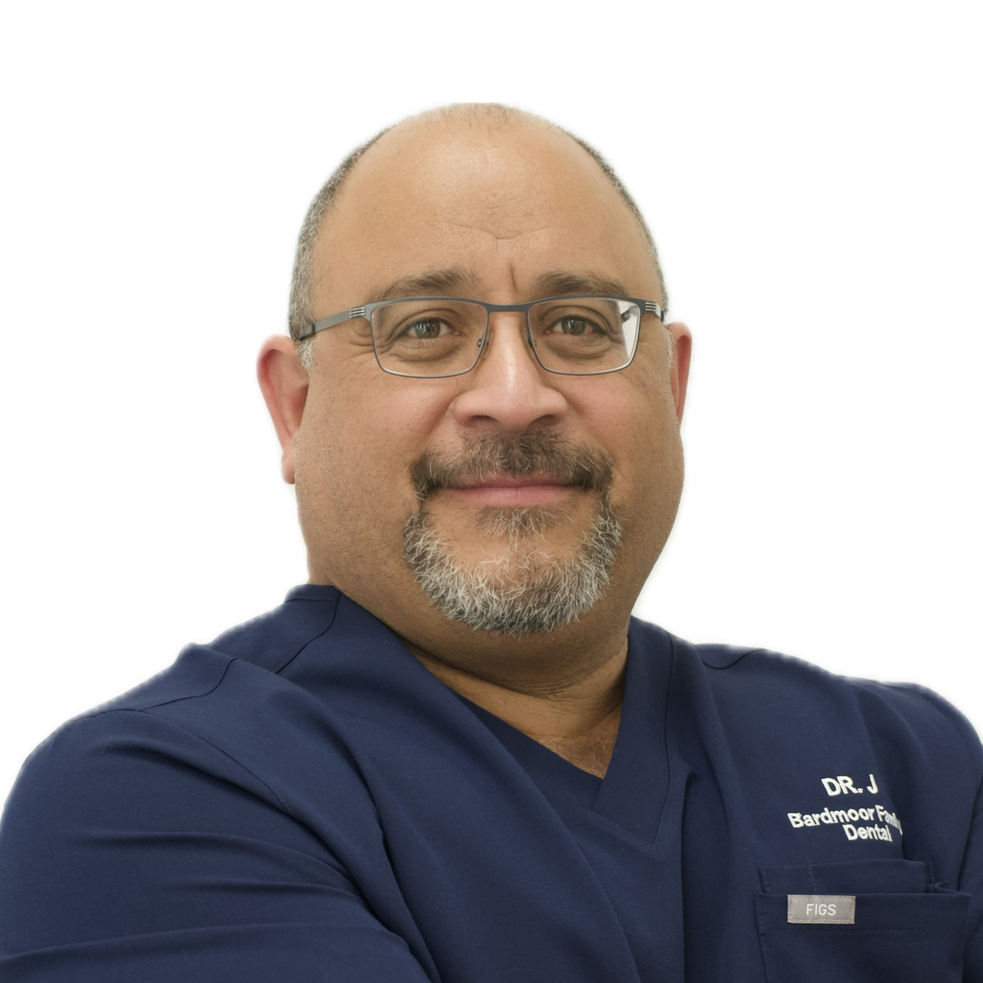Why Early Detection is Key: The Role of X-Rays and Exams in Preventive Dentistry
Dental preventive care is about more than just cleanings and checkups. It is the difference between catching a minor issue early and letting it grow into a painful, costly problem. Every year, millions of people undergo dental exams and procedures, but nearly 11% of patients still suffer from untreated decay, and new cases of cavities emerge at alarming rates, up to 29.4% in high-risk patients per the Journal of Public Health Dentistry. Knowing these statistics can provide a sense of security.
The question is not if these problems will occur but when and how severe they will become without early intervention.
What if one routine visit could save you from painful, unexpected dental emergencies? By combining a thorough oral health assessment with diagnostic imaging techniques like X-rays, dentists can catch and treat issues before they cause permanent damage. Keep reading to learn how these preventative oral care strategies can protect your teeth and wallet for years.
Why Dental Preventive Care Matters
Preventive dental care is the foundation of a healthy smile. It is about more than just brushing and flossing at home. Routine dental checkups and cleanings help ensure that your teeth stay strong, free of cavities, and protected from gum disease.
Regular visits to your dentist allow for early detection of problems like tooth decay, gingivitis, and even oral cancer. These conditions often go unnoticed without preventive care until they become painful or expensive to treat.
When people skip routine checkups, they risk letting minor issues become big problems. For example, what starts as a tiny cavity can grow into a painful infection requiring a root canal.
Gum disease, left untreated, can lead to tooth loss and even affect your overall health. Untreated gum disease is linked to increased risks for heart disease and diabetes.
Preventive dental care is designed to prevent these outcomes by helping you maintain oral health and prevent costly treatments.
The benefits of staying on top of your dental health are clear:
- Less discomfort
- Fewer treatments
- A better quality of life
A focus on preventative oral care strategies means catching potential issues early, providing you with a sense of security and confidence that you are in control of your oral health.
The Role of Dental Exams
A dental exam is more than a quick look at your teeth. It is a thorough assessment of your oral health, designed to catch any signs of decay, infection, or other issues.
During a routine dental checkup, your dentist will visually inspect your teeth and gums, checking for signs of:
- Cavities
- Gum disease
- Oral cancer
They will also examine your gums to ensure there is no inflammation or infection. If your dentist spots something that requires attention, they will discuss treatment options to address it before it worsens.
Early detection is the key benefit of regular exams. Issues like cavities or gum disease are often painless in their early stages, which makes them hard to detect without a professional exam.
For example, a minor cavity may not hurt at first, but if left untreated, it can lead to an infection that requires a root canal. Gum disease may start with a bit of bleeding, but it can progress to severe inflammation and tooth loss without intervention.
By catching these problems early, your dentist can provide less invasive, more effective treatments that keep your oral health in check.
At Bardmoor Family Dental, we believe in getting to know our patients personally to tailor our care to their needs. This personalized approach helps ensure we are aware of any unique risk factors that might require more frequent exams or specific treatments. Whether you come in for a routine checkup or have concerns about your teeth, our team is here to provide thorough, compassionate care.
At Bardmoor Family Dental, we prioritize building personal relationships with our patients. This approach allows us to tailor our care to your unique needs and be aware of any specific risk factors that might necessitate more frequent exams or specialized treatments. Whether you are visiting us for a routine checkup or have concerns about your oral health, our team is committed to providing comprehensive, empathetic care.
The Importance of X-Rays in Dental Health
While a visual exam can reveal a lot, some things your dentist cannot see without the help of diagnostic imaging techniques like X-rays. X-rays provide a more in-depth look at the structures beneath the surface, allowing your dentist to detect hidden issues that could affect your oral health.
For example, X-rays can reveal cavities that are not visible to the naked eye, especially those that form between teeth or underneath fillings. They can also help identify:
- Impacted teeth
- Bone loss due to gum disease
- Abscesses or tumors
These severe conditions can lead to more significant health problems if left untreated.
At Bardmoor Family Dental, we use X-rays to get a complete picture of your dental health. Dr. J uses the latest technology to ensure thorough and precise exams. How often you need X-rays depends on your:
- Dental history
- Age
- Risk factors
For some patients, annual X-rays might be recommended, while others may only need them every few years. This individualized approach, based on your unique dental history, age, and risk factors, ensures that we are providing the best care for your specific needs. By using X-rays as part of your dental checkups, we ensure that no issue goes unnoticed.
The Connection Between Oral Health and Overall Health
Your mouth is a window into your overall health. There is a growing body of evidence linking oral health to conditions such as:
- Heart disease
- Diabetes
- Respiratory infections
Poor oral health can exacerbate or even cause these issues. For example, the bacteria that cause gum disease can enter the bloodstream, contributing to inflammation and potentially increasing the risk of heart disease.
By embracing preventative care, you are not just protecting your teeth-you are actively promoting your overall health. Regular dental visits are a proactive step in catching problems before they become serious, empowering you to take charge of issues that could affect your body's well-being.
Prevention is better than cure, and that is especially true for dental and overall health.
Protect Your Smile with Preventive Dental Care
Regular X-rays and exams are not just extra steps but essential components of dental preventive care. By detecting issues before they escalate, these tools help you avoid the pain, cost, and long-term damage of untreated dental problems.
At Bardmoor Family Dental, we take a personalized approach by building relationships with patients to ensure your comfort and care are our top priorities. With our gentle cleanings, thorough exams, and attention to detail, we are committed to making your dental experience as stress-free and effective as possible.
Schedule an appointment today and take the first step toward a healthier, brighter smile!





